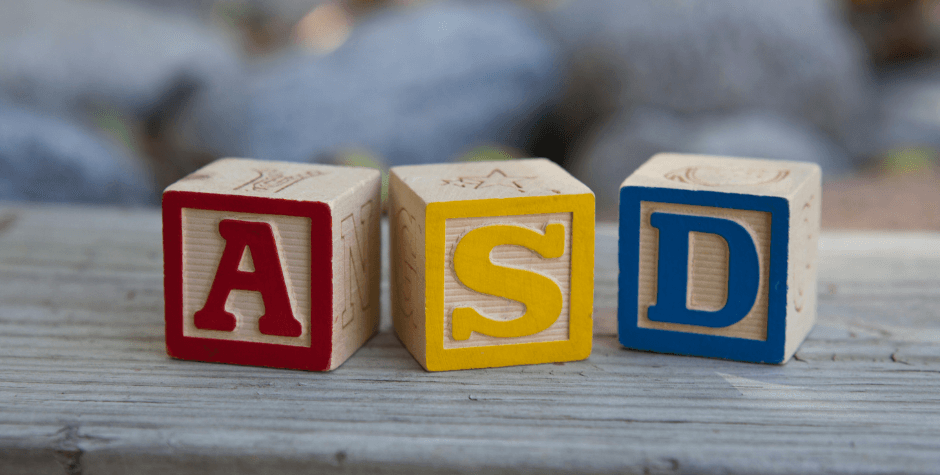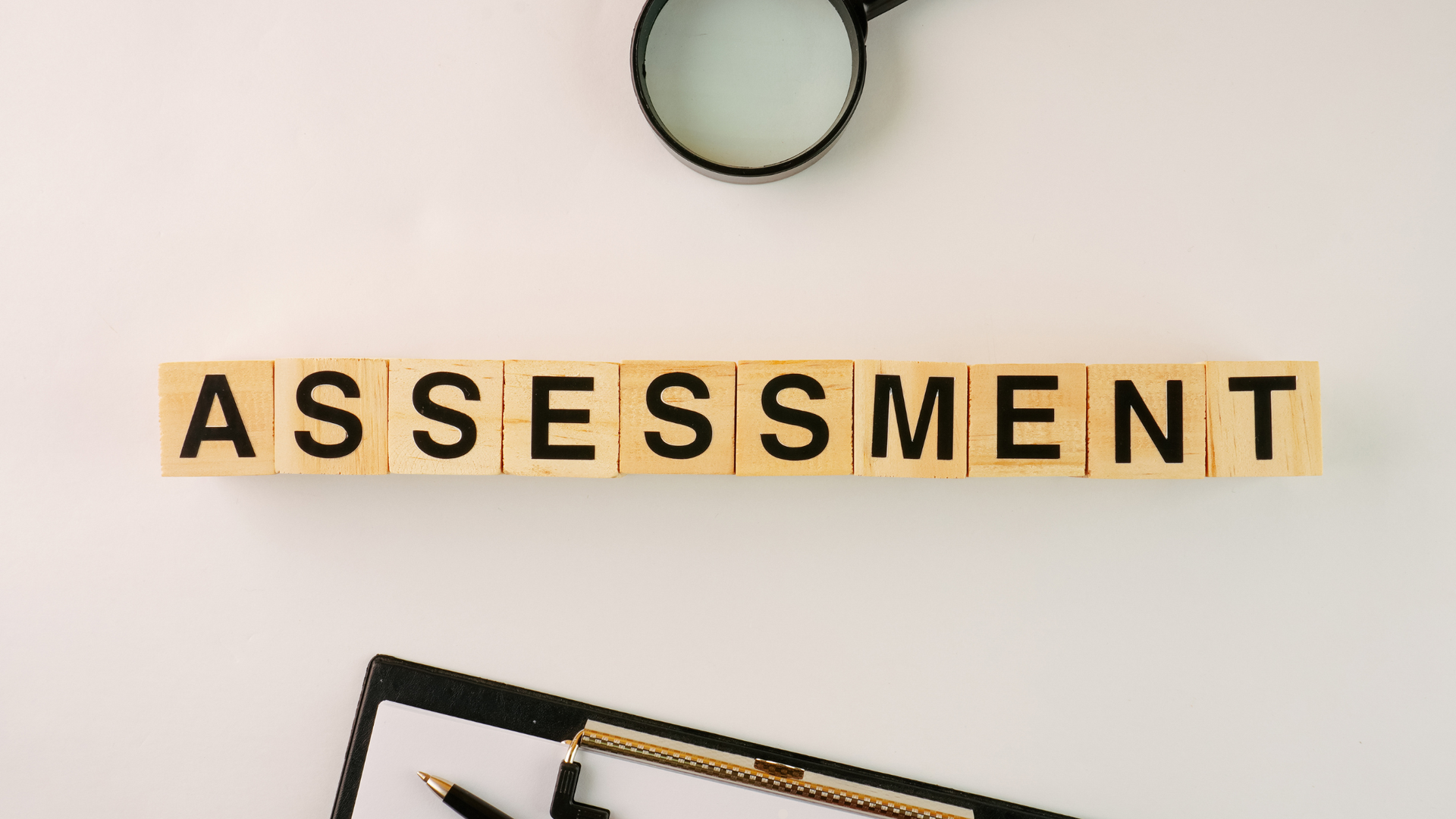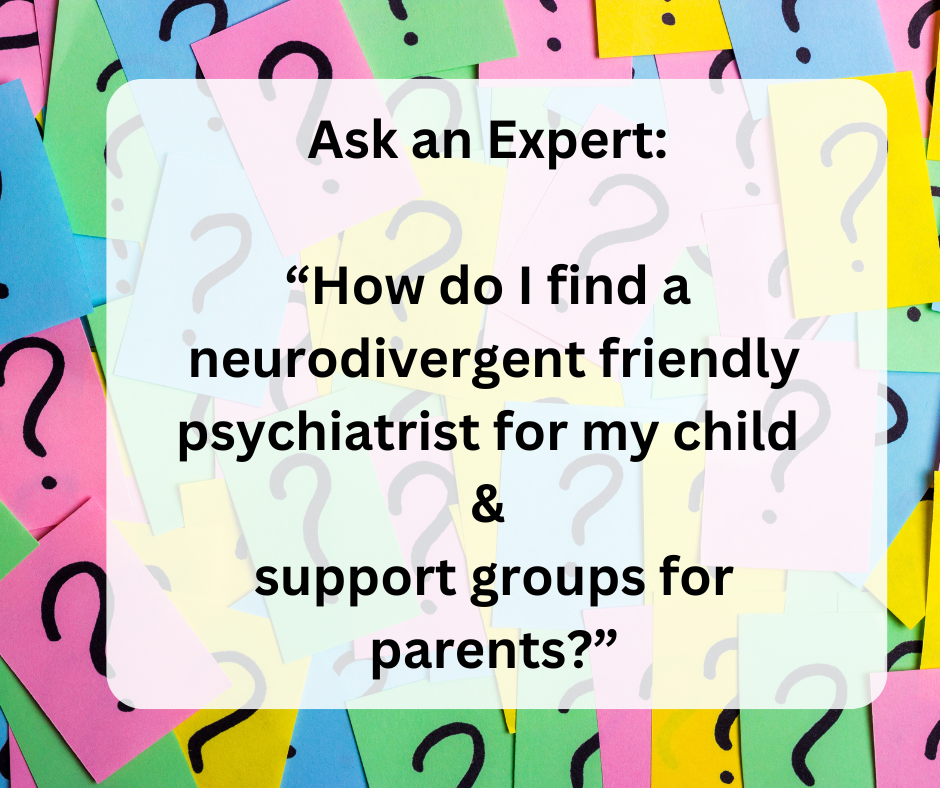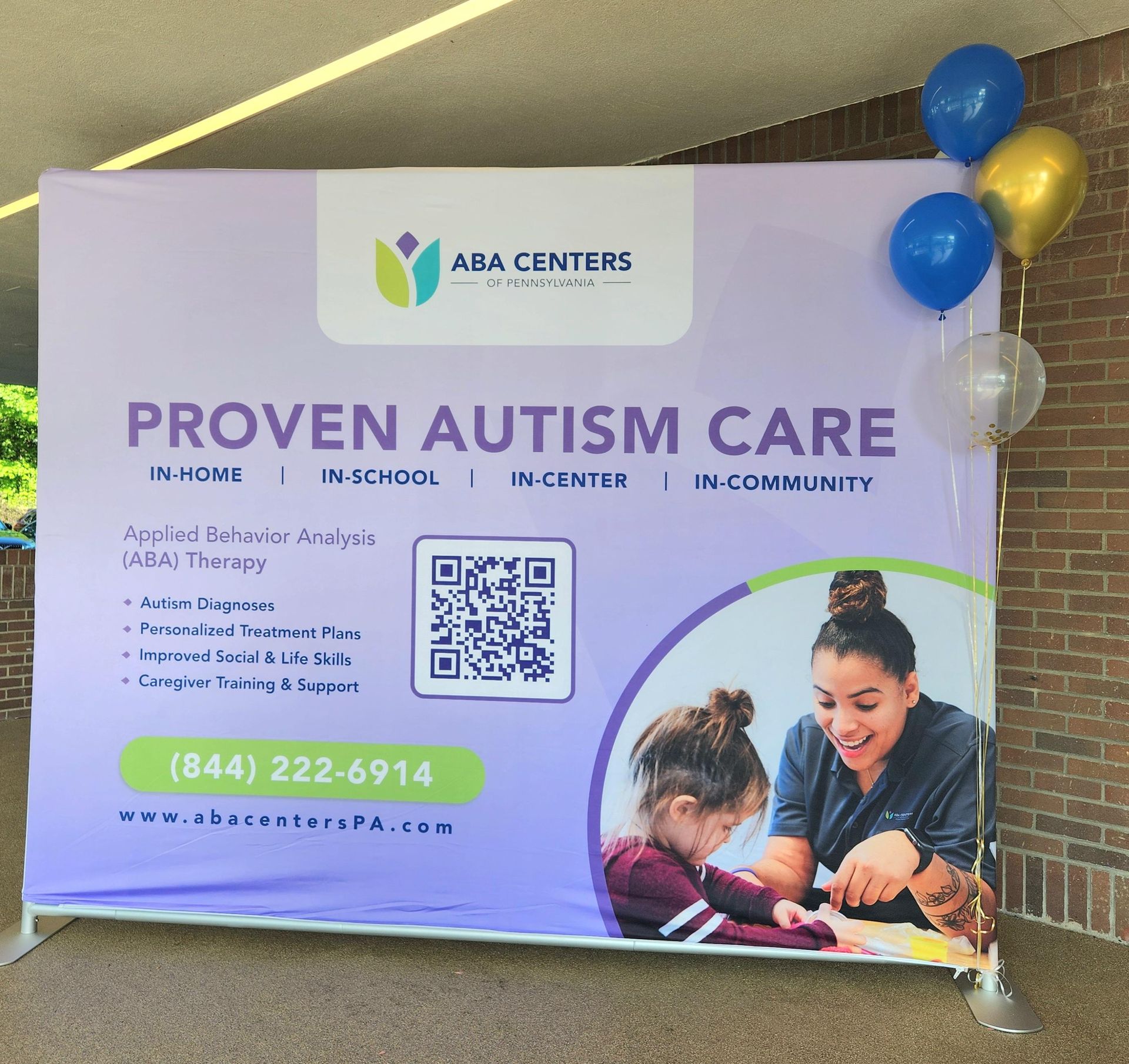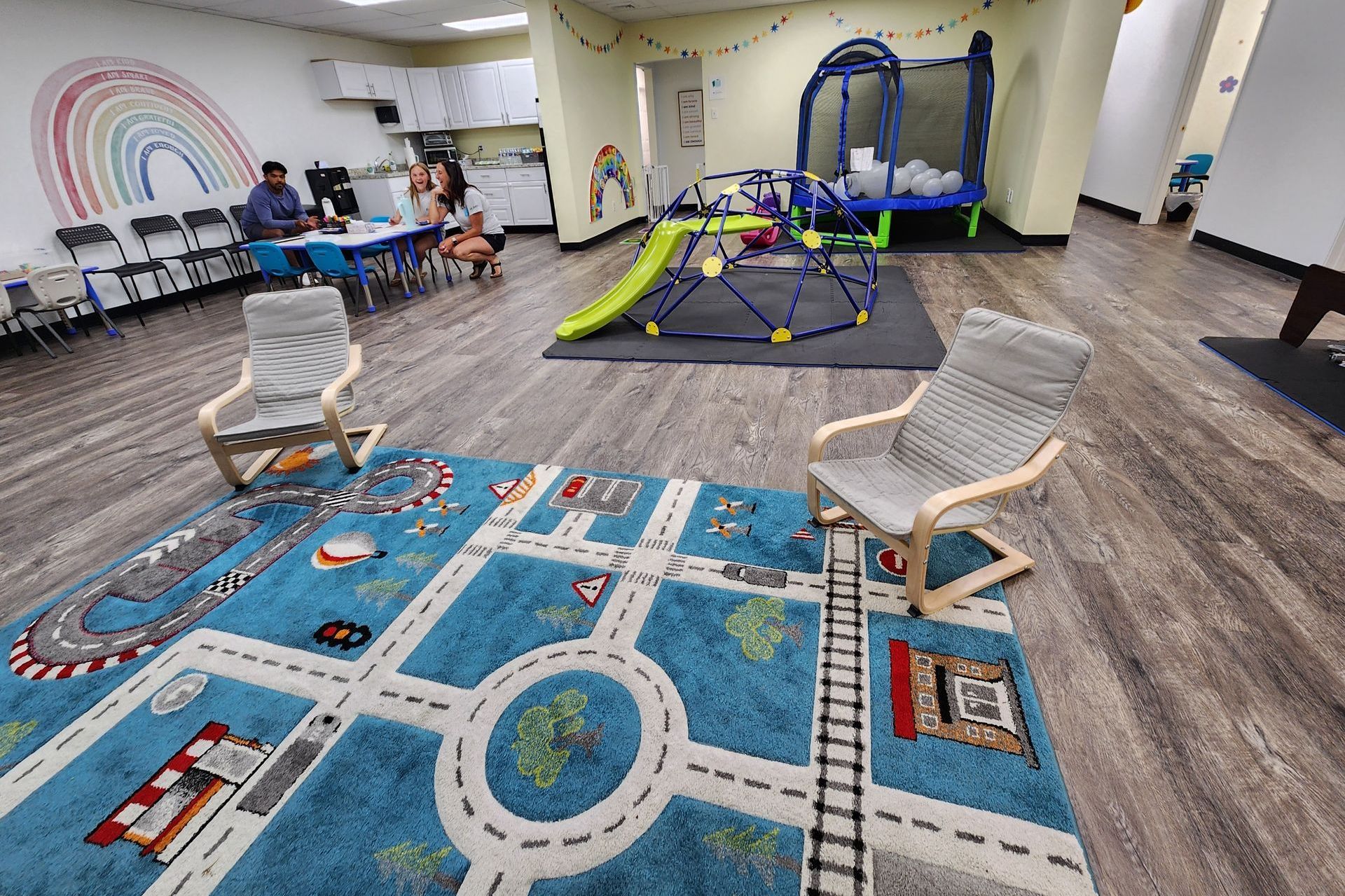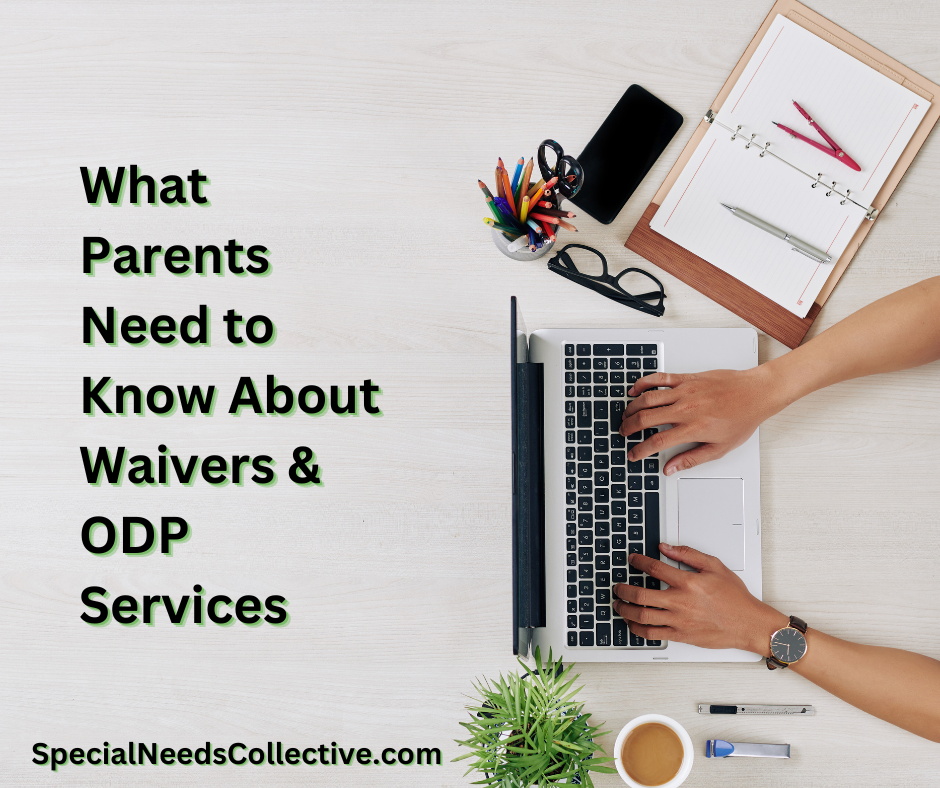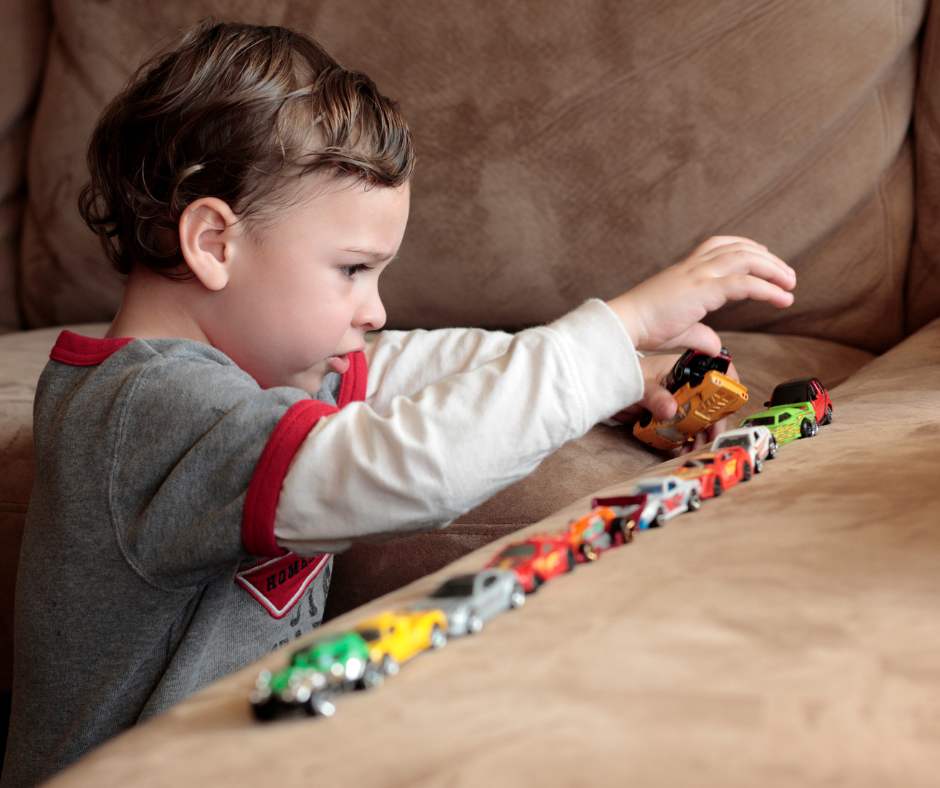Special needs sleep consultant Melissa Doman shares her top things to consider when addressing sleep struggles in children with autism in this guest post.
Whether your child with ASD has struggled to sleep for days, weeks, months…or years, it can feel overwhelming and frustrating as to why it’s just. not. happening. As a parent, you worry how your child can function on the few hours they’re getting.
You may have asked your child’s doctors and therapists about their sleep struggles and have only heard:
“It’s just part of the diagnosis.”
That’s a pretty easy answer to fall back on. And, a bit of a lazy one. It hurts your child when specialists hide behind what might be common symptoms. It takes the responsibility off of them to help you solve the problem.
It’s an answer many parents like you get, but it doesn’t get down to the root of WHY your child with autism isn’t sleeping. Here are the main reasons why your child might be struggling:
Not enough or too much stimulation
One of the first questions I ask parents is what their child seeks or avoids when it comes to sensory inputs. This includes seeing, hearing, feeling, smell/taste, proprioception, interoception. You name it! If your child tends to seek input, there’s no question that their brain will be seeking at night. It’s just not getting enough!
Even with the most intensive therapies, I find that the sensory system is so often ignored. When kids are getting the right stimuli, the brain can be more settled and calmer at night. There can be too much of a good thing, but kids with autism need that input.
On the other hand, for children who are avoiding or hypersensitive see, hear, feel, the world at a much more heightened state. It’s not as easy for them to settle to sleep when their system is overstimulated. This hypersensitivity can also kick in your child’s “fight, flight, or freeze” response. Some children may hear sounds at night that they might perceive as a threat. If that’s the case, they could have a very hard time getting to or staying asleep.
Not enough or too much activity
When we don’t get enough physical activity, our body doesn’t have as strong of a need for sleep. For some children, they might be on the move constantly. However, it might be “chaotic” movement. For example, some children might run from room to room, jump into this, onto that, hours on end. And, this might be related to sensory issues.
Getting adequate amounts of physical activity not only helps create the need to sleep, but it can help “regulate” our many systems. When we are doing regular physical activity, our breathing is deeper and more dynamic, we may feel more focused, we’re in a better mood. All of these can have a great impact on our quality of sleep at night. Going for a walk is one of the best ways to do this!
Some children do need more activity and to stay very active. But again — there can be too much of a good thing. Too much can also make your child overtired, which can affect how deep your child’s sleep is. Through tracking, some parents can find that “happy medium” when it comes to just enough activity for their child on the spectrum.
This also goes for therapy as well. As crucial as therapy treatments are to help your child achieve milestones and give their brain the “exercise” it needs, too much can also affect how well your child goes to sleep and stays asleep. This article outlines a bit more of what to look for and how to help your child feel more calm after a busy day.
Breathing Difficulties
When we have difficulty breathing at night, our ability to get good quality, deep, restorative sleep is greatly affected. For children, this lack of quality sleep can affect focus, mood, sensory perception, behavior and more. Some “red flags” to look for are: sleeping with the mouth open, snoring, teeth grinding, thumb sucking, pacifier/bottle reliance, chronic ear infections, etc.
If you see these on a fairly regular basis, it is important to have your child checked out by their pediatrician or ENT. This is to rule out any issues with tonsils and/or adenoids. If it is severe enough, a sleep study might be helpful to get the right treatments.
That being said, I know dozens of families that have gone through these tests and procedures and their child continued to have difficulty with their sleep well after. However, breathing difficulties should be ruled out, especially if your child is over the age of 3 years old.
Nutritional Deficiencies
Many autistic children struggle with digestive problems or getting the nutrients they need. In one study, 50% of the children with ASD had at least one digestive issue – constipation, diarrhea, bloating, vomiting, etc.
For some children, they may not like the taste, texture, and/or smell of foods. Because of this, they might have a limited number of foods they are willing to eat. Most of the time, these foods are not the most nutrient dense, like chips, candy, fast food, and more. If the body lacks calcium, Vitamin B6, magnesium, and other essential nutrients, it cannot produce enough melatonin to sustain good sleep.
If your child struggles with digestive discomfort as listed above, this can make them feel irritable and can throw a wrench in the works when it comes to sleep. The sensations that they are feeling can be overwhelming and much more intense than what we perceive.
Inability to Produce Melatonin
Honestly, I hesitate to put this here. However, there are some children that are unable to produce enough melatonin naturally. To check this for your child, you can ask for a blood, urine, or saliva test from your doctor.
Over the counter melatonin is one of the most recommended “treatments” for sleep difficulties in kids with autism. However, many families I speak to say it might help getting their child to sleep for the night. But, will not keep them sleeping. Other families have said it gives the complete opposite effect, and their child will be even more wired.
Using an over the counter or prescription melatonin should only be considered as a short-term solution, not a long term. Getting down to the root of your child’s sleep issues will get you far better results.
Your child has learned some not-so-great sleep habits
Over years and thousands of sleeps, we have learned our own ways to get to sleep. Most of us need our pillow and blanket. You might need to have your arms tucked in a certain way, or lie on one side. Whatever it is, you are not dependent on someone else to make sleep happen.
For most of the kids I work with, this is a big part of their sleep difficulties. Many children with autism learn they need a parent or caretaker to rock, hold, lie with, and/or drive them around to fall off for the night. In these instances, parents have become the pillow and blanket. They’ve become their child’s strategy to get to sleep. Some children will insist on snacks, tablet, music, projectors, pacifiers, and other tools to help themselves regulate and get to sleep.
Best case scenario, your child gets this help and maaaay stay asleep. But often, children will continue to look for this help, or these “crutches” over and over again through the night. And, if your child has any kind of sensory issue they will definitely know if their sleep situation changes.
If your child relies on some of these other self-regulating tools listed above, it is important to give your child enough stimulation during the day so they’re less likely to seek for these tools at night. It isn’t an easy process, but your child can learn to sleep without these tools.
So, now I know why – can my child be helped?
Once parents know and learn the why’s behind their child’s sleep, it can be hard to know what are the first steps. For some children with ASD, they might need help in only one or all of the areas listed above.
Either way, it can be a lot of work to do on your own.
My team and I are here to help guide you in that journey to better sleep. We take a “no stones left unturned” approach when it comes to helping our families. We know that children like yours learn, process, and master skills at their own pace. It’s important that any changes you make with your child reflect this.
And, we’ve seen (just about) everything! We have tips and troubleshoots for nearly any issue that can come in between your child and the rest they deserve.
We firmly believe that children like yours CAN sleep better. It doesn’t have to be just “part of their diagnosis.” With the right tools, support, patience, your child can be an incredible sleeper.

